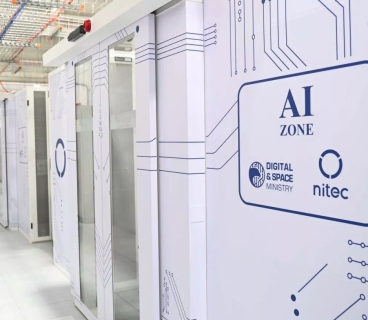Seattle-based Temporal has garnered attention in recent years for its successes in the microservices field. The company offered a platform that helps manage updates and integrations between various services and applications. However, with the rapid growth of artificial intelligence (AI), Temporal decided to expand into this area and secured a $146 million investment. With this investment, the company plans to focus on creating microservices for AI applications, particularly in the realm of agent-based AI.
A portion of this new investment will be allocated to further developing a new feature on Temporal Cloud called Nexus. Nexus aims to provide improvements in areas such as security, error isolation, and modularity. Additionally, Temporal will begin offering its services on public cloud platforms such as Azure and invest in research and development efforts related to AI use cases.
The investment round was led by Tiger Global, with previous investors Index Ventures and Sequoia Capital also backing the company. Through this funding round, Temporal has raised a total of $350 million in investments. However, despite the influx of capital, the company's valuation has not seen a significant increase. CEO Samar Abbas announced that Temporal’s valuation has risen to $1.72 billion, which is slightly higher than previous valuations, though the company acknowledged a reduction in valuation in earlier rounds.
Temporal was founded in 2019 by CEO Samar Abbas and CTO Maxim Fateev, both of whom previously worked at Uber and created an open-source orchestration engine called Cadence. This engine facilitated the connections between various microservices, and Temporal expanded on this need by introducing its own platform.
Currently, Temporal serves major companies such as Box, Instacart, Snap, Stripe, and Nvidia. Nvidia, in particular, uses the Temporal platform to deploy AI models and build microservices for agent-based AI development. The company is still in a growth phase, although the growth rate has slowed compared to previous years. Temporal has reported a 4.4x increase in revenue over the past 18 months. The company’s open-source Temporal.io platform has 183,000 active users, and it serves 2,500 enterprise customers.
Temporal addresses the need to consistently execute large workflows, although the field has become more competitive. New players such as Restate and Orkes have entered the space. Abbas and Fateev plan to hire more staff and launch extensive marketing campaigns across Europe, the Middle East, and the Asia-Pacific region in the near future.







